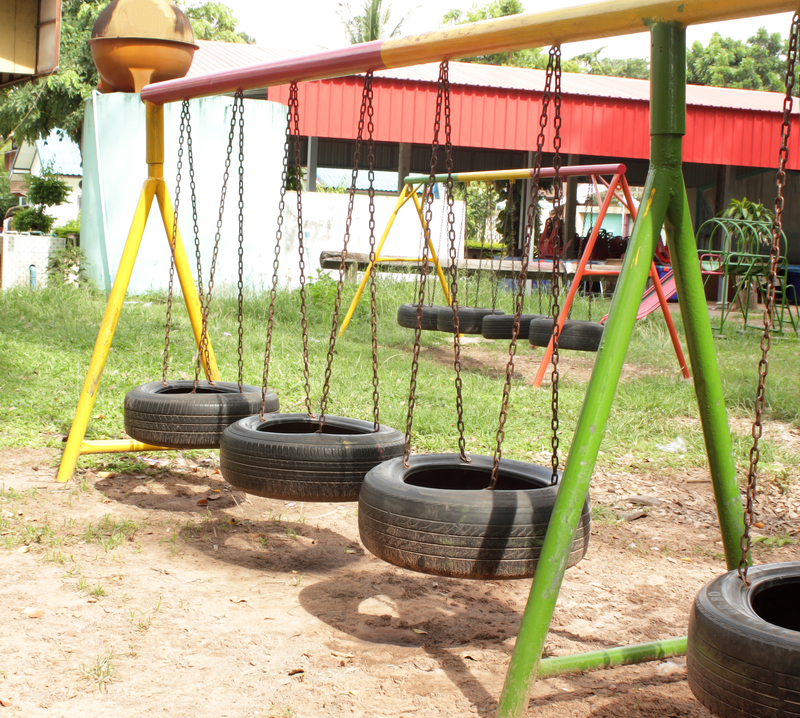Learn How Glass Recycling Benefits the Environment
As the world increasingly shifts towards sustainability, understanding the benefits of glass recycling becomes essential. Glass, used widely across various industries from packaging to construction, is 100% recyclable and can be reused an infinite number of times without losing its purity or quality. This not only benefits our communities but also plays a crucial role in safeguarding our planet. Throughout this article, we will uncover the myriad ways that recycling glass aids in protecting the environment.
The Process of Glass Recycling
Recycling glass involves several key steps that ensure its transformation from waste into a reusable resource. By familiarizing yourself with this process, you can appreciate how glass recycling benefits extend beyond simple waste management.
1. Collection and Transportation
It all begins with individuals and businesses separating glass from general waste. Often, communities provide designated recycling bins specifically for glass, which are then collected and transported to recycling centers. The efficiency of this process plays a significant role in maximizing the potential of glass reuse.
2. Sorting and Cleaning
Once at the recycling facility, the glass is sorted by color, as different alloys used in colored glass can affect the quality of the recycled product. This step is crucial for producing high-quality recycled glass. After sorting, the glass is washed to remove any impurities such as food waste or paper labels.
3. Crushing and Melting
Clean glass is then crushed to create cullet, which is tiny pieces of glass that are easier to melt. The cullet is heated in a furnace and remelted at temperatures reaching approximately 1700 degrees Celsius. This molten glass can then be fashioned into new products.
4. Molding and Manufacturing
The final step involves shaping the molten glass into new items like bottles, jars, and fiberglass. These new products are then distributed back into the market, completing the cycle and reducing the need for virgin materials.

Environmental Benefits of Glass Recycling
Understanding the importance of glass recycling involves delving into the diverse environmental advantages it offers. Each step in the recycling process contributes to preserving natural resources and reducing environmental impact.
1. Conservation of Raw Materials
By recycling glass, we significantly cut down on the necessity to extract sand, limestone, and soda ash--the primary raw materials for producing new glass. This conservation of natural resources helps in minimizing land degradation and ecosystem destruction associated with resource extraction.
- Each ton of recycled glass saves over a ton of raw materials.
- Reduces damage to landscapes and habitats caused by mining activities.
2. Energy Efficiency
Manufacturing glass from recycled materials is substantially more energy-efficient than creating new glass from raw ingredients. The presence of cullet in the production process lowers the melting temperature, thus saving energy.
- Recycling glass saves approximately 30% of the energy required to create new glass.
- This reduction in energy use leads to decreased greenhouse gas emissions.
3. Decrease in Landfill Usage
Glass recycling plays a crucial role in waste management by decreasing the volume of waste sent to landfills. Given that glass is non-biodegradable, once discarded, it occupies landfill space indefinitely.
- Recycled glass diverts large volumes from overcrowded landfills.
- This saving of space leads to fewer requirements for new landfill sites.
4. Reduced Emissions
Alongside conserving energy, recycling glass also contributes to a decrease in carbon emissions and other environmental pollutants.
- Recycling 1 ton of glass results in an average reduction of 315 kilograms of carbon dioxide emissions.
- This reduced carbon footprint helps combat climate change.
Economic and Community Benefits
The advantages of glass recycling extend beyond the environment and incorporate critical social and economic benefits that reinforce local communities.
1. Job Creation
Recycling industries generate employment opportunities. From collection to processing, glass recycling supports a range of jobs, contributing positively to local economies.
2. Cost Savings
Recycling glass can also lead to cost savings for municipalities. By reducing the reliance on landfill space and minimizing resource extraction, communities can allocate funds to other local services and projects.
3. Public Education and Engagement
By encouraging glass recycling, communities engage with citizens, raising awareness about sustainability and promoting responsible environmental behaviors.

Challenges Faced in Glass Recycling
Despite the countless benefits, certain challenges still need addressing to improve the efficiency and effectiveness of glass recycling.
1. Contamination
One of the biggest hurdles is contamination in recycling bins. Non-recyclable materials mixed with glass can complicate the recycling process and lead to costs, reducing the quality of cullet.
2. Market Fluctuations
Market demand for recycled glass can vary, impacting the stability of recycling facilities. Solutions like strengthening domestic markets and creating consistent demand for recycled glass products can mitigate these fluctuations.
3. Infrastructure
Some regions lack sufficient infrastructure to manage a streamlined glass recycling process, necessitating investment in localized facilities to enhance recycling capabilities.
The Future of Glass Recycling
With technological advancements and increased global awareness, the future holds promising potential for optimizing glass recycling methods. Innovations in sorting technologies and increased community participation have set the stage for a circular economy that emphasizes sustainability at every level.
Through continuous efforts in education and infrastructure development, we can expand on the exceptional benefits of glass recycling, ensuring a healthier planet for future generations. As we learn and integrate more about effective waste management and resource reuse, our efforts contribute towards a sustainable global community that values and implements environmentally-friendly practices.
Whether through individual actions or policy reforms, everyone has a role to play in realizing the full potential of glass recycling for the benefit of our environment. Let's commit to a cleaner, greener future by embracing the infinite cycle of glass.